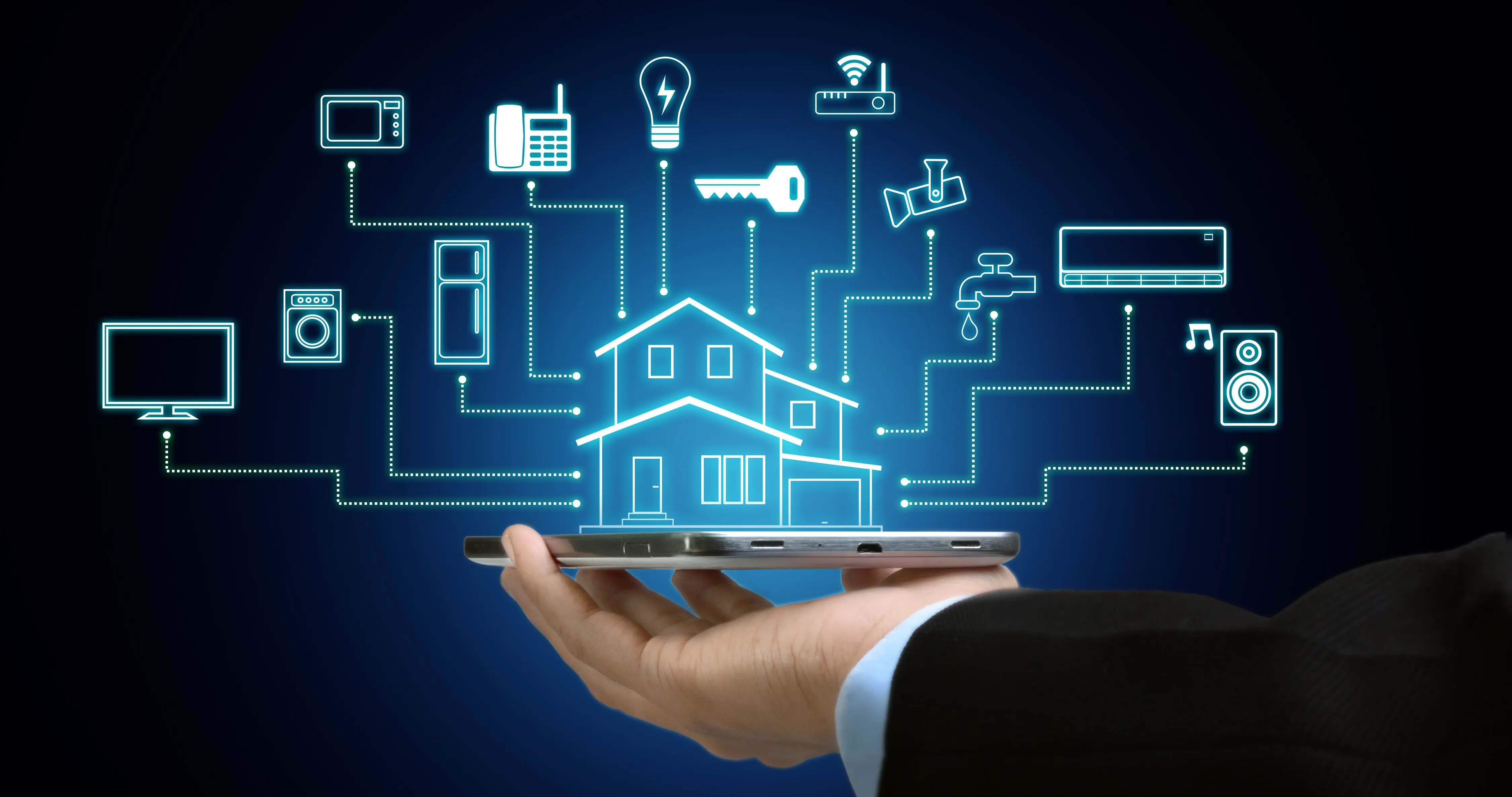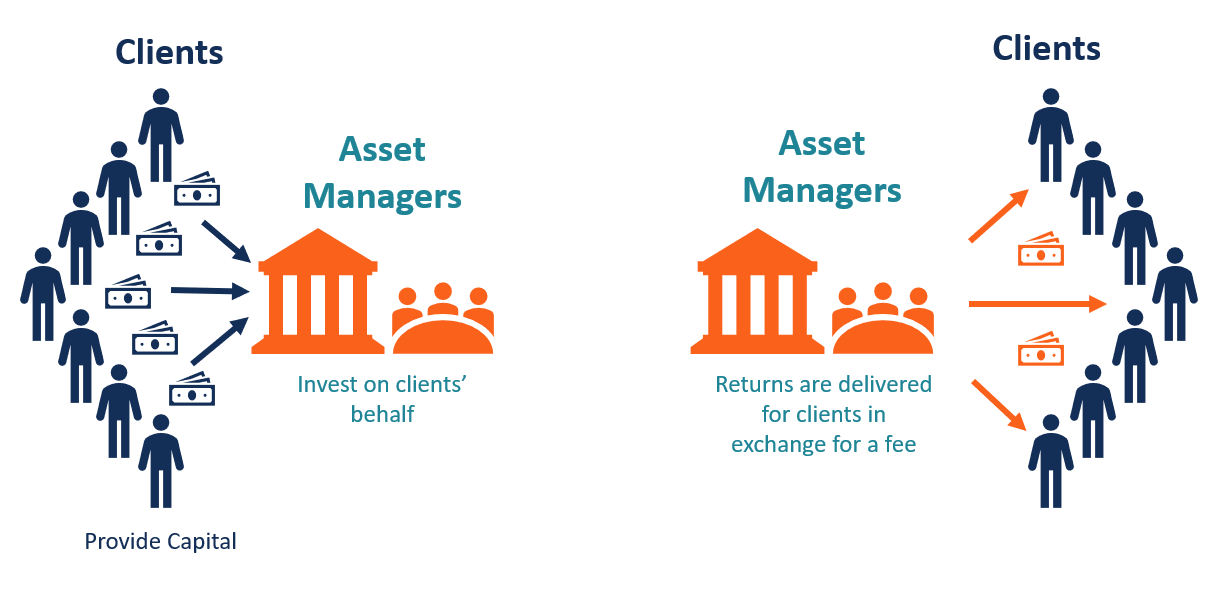What is Real Estate Software?
Real estate software refers to a range of tools and platforms designed to streamline various aspects of the real estate business. From managing listings and client relationships to simplifying accounting and transaction processes, real estate software helps professionals manage the day-to-day functions of the business more efficiently.
There are many different types of real estate software, each tailored to specific roles within the industry. These tools not only improve operational efficiency but also enable a higher level of customer service and data-driven decision-making.
Different Types of Real Estate Software
Real Estate CRM Systems
For real estate agents and brokers, Customer Relationship Management (CRM) software is a game-changer. CRM systems allow agents to track leads, manage client interactions, and automate follow-ups, ensuring that no opportunity is missed. These tools help professionals nurture long-term relationships with clients, automate tedious tasks, and prioritize leads based on their potential.
A well-integrated CRM system allows agents to track property preferences, communication history, and buying behavior, enabling them to offer highly personalized service that leads to stronger client loyalty and higher conversion rates.
Property Management Software
Property managers face the challenge of overseeing multiple tenants, properties, and maintenance requests. Property management software centralizes all of these tasks, making it easier to track rent payments, manage leases, and coordinate maintenance. Many platforms also allow tenants to pay rent online, submit service requests, and communicate directly with managers.
By automating routine tasks, property management software helps reduce administrative costs, minimize human errors, and improve tenant satisfaction—ultimately leading to higher retention rates and more efficient operations.
Real Estate Listing Software
Listing software is essential for real estate agents who need to create, manage, and share property listings. These platforms allow agents to upload photos, descriptions, and pricing information, and syndicate the listings across various MLS (Multiple Listing Service) platforms.
Many listing software solutions also integrate with major real estate websites like Zillow, Realtor.com, and Redfin, ensuring that properties reach the largest audience possible. Some even provide tools for virtual property tours, making it easier for potential buyers to explore homes remotely.
Real Estate Investment Software
For real estate investors, specialized software can help assess the performance of properties and track their portfolio’s overall value. These tools often come with features that allow investors to analyze ROI, track expenses, and forecast potential rental income.
Real estate investment software simplifies the due diligence process by providing financial metrics and performance analytics, which enable investors to make informed decisions about buying, selling, or holding properties.
Transaction Management Software
Real estate transactions can be complex, involving numerous steps, documents, and parties. Transaction management software helps professionals streamline the entire process by tracking deadlines, storing contracts, and managing communication between buyers, sellers, and agents.
These tools typically allow for electronic signatures, reducing paperwork and accelerating the closing process. By automating administrative tasks, transaction management software minimizes errors and ensures a smoother, more efficient transaction experience for all parties involved.
Key Features of Property Management Software for Landlords
Rent Collection and Payment Processing
One of the most time-consuming tasks for landlords is rent collection. Traditional methods like cash or checks can be cumbersome, and manually tracking payments can lead to mistakes or delays. Property management software simplifies this process by allowing tenants to pay rent online, often through a secure portal.
Most platforms offer multiple payment options, including credit/debit cards, ACH transfers, and even digital wallets. This flexibility not only makes it easier for tenants to pay on time but also streamlines the accounting process for landlords. Automated reminders can be sent to tenants when rent is due, and late fees can be automatically applied if payment deadlines are missed.
Tenant and Lease Tracking
Managing leases, renewals, and tenant details is a critical part of being a landlord. Property management software helps you stay on top of lease dates, payment history, and contact information, ensuring that everything is up to date and easily accessible.
You can set automatic reminders for lease renewals, track security deposits, and store important documents like contracts, maintenance records, and inspection reports. This feature is invaluable for landlords with multiple properties, as it ensures that no detail slips through the cracks.
Maintenance Management
Maintenance requests can be one of the biggest pain points for landlords. Handling tenant issues promptly is essential to maintaining good relationships and protecting the value of your property. Property management software provides a streamlined system for managing maintenance requests, allowing tenants to submit issues directly through the platform.
These requests are then tracked, and landlords can assign them to maintenance teams or contractors. The software allows you to keep a record of all maintenance activities, helping you track ongoing issues and plan for future repairs. Many platforms also allow tenants to check the status of their requests, which can improve communication and reduce frustration.
Tenant Screening and Application Management
Finding the right tenants is crucial for maintaining a smooth rental operation. Property management software often includes tools for tenant screening and application management. These tools allow landlords to run background checks, credit reports, and eviction histories to ensure they are selecting reliable tenants.
Many platforms integrate with third-party services to provide these screening tools directly within the application process. This automation makes it easier for landlords to review potential tenants and make more informed decisions.
Financial Reporting and Accounting
Managing finances is one of the most important aspects of being a landlord. Property management software often comes with built-in accounting and financial reporting features that help you track income and expenses, generate profit-and-loss statements, and create tax reports. These tools can help you stay organized and ensure that you’re meeting all tax requirements.
The software automatically categorizes payments and expenses, making it easier to track your cash flow, calculate ROI (return on investment), and manage property taxes. For landlords managing multiple properties, this feature saves hours of manual work and reduces the risk of errors.
Benefits of Property Management Software for Landlords
Time Savings and Efficiency
Managing rental properties involves many tasks that can be time-consuming if handled manually. From scheduling maintenance to tracking payments and sending reminders, there are a lot of moving parts. Property management software automates most of these processes, allowing landlords to focus on higher-value tasks.
For example, rent collection can be automated with online payment systems, and reminders for lease renewals or late payments can be set to trigger automatically. This means fewer phone calls, emails, and manual processes, saving you time and reducing the chance of mistakes.
Improved Communication with Tenants
Good communication is key to maintaining healthy landlord-tenant relationships. Property management software makes it easier to stay in touch with tenants through built-in messaging systems or tenant portals. Tenants can submit maintenance requests, ask questions, or get information about their lease directly through the platform.
By keeping all communication in one place, landlords can easily track and respond to inquiries. Additionally, tenants appreciate the transparency that comes with online systems, which can lead to higher tenant satisfaction and better retention rates.
Streamlined Record Keeping
Keeping track of everything from leases and security deposits to maintenance requests and rent payments can quickly become overwhelming, especially if you manage multiple properties. Property management software centralizes all these records in one easy-to-access location.
Instead of scrambling to find a specific lease agreement or maintenance record, landlords can quickly search through the software to locate any necessary documents. This organized approach to record-keeping not only helps with day-to-day management but also simplifies tax filing and audits.
Cost Savings
While property management software often comes with a subscription fee, it can actually save landlords money in the long run. By automating tasks like rent collection, maintenance management, and financial reporting, landlords can reduce the need for administrative staff or spend less time on these tasks themselves. Additionally, the software can help you avoid costly mistakes, such as missed payments or forgotten maintenance requests.
For landlords managing large portfolios, the cost savings associated with automation and improved efficiency can be substantial. Many property management platforms offer tiered pricing based on the number of units you manage, so landlords with a larger portfolio can still benefit from these tools.
Better Legal Protection
Property management software helps landlords stay compliant with laws and regulations by keeping track of important dates, payments, and lease details. For example, the software can alert you when it’s time to issue a rent increase notice or when a lease is nearing expiration. This ensures that you don’t miss important deadlines that could lead to legal issues or fines.
Additionally, many platforms offer customizable lease templates that are legally compliant in your area, reducing the risk of disputes with tenants over contract terms.
The Future of Property Management for Landlords
As the rental market becomes more competitive, landlords who embrace technology will have an advantage. With the rise of smart homes, the Internet of Things (IoT), and other innovations, property management software is constantly evolving to meet new demands.
The future may bring even more automation, with features like predictive maintenance (where software anticipates potential issues before they occur), advanced tenant screening powered by artificial intelligence, and integrations with energy-efficient home technology. These advances will further streamline the management process and allow landlords to provide an even better experience for their tenants.
Conclusion
Real estate software is no longer just a convenience—it's a necessity for businesses looking to remain competitive in an increasingly digital world. By streamlining processes, improving communication, and providing powerful insights, these tools are transforming the way real estate professionals operate. Whether you're managing properties, tracking client interactions, or analyzing investment opportunities, the right software can help you achieve greater efficiency, enhance customer satisfaction, and drive business growth.
As the real estate industry continues to embrace new technologies, those who leverage software to automate and optimize their operations will have a clear advantage. Investing in the right tools is the first step toward creating a more productive, successful real estate business.


